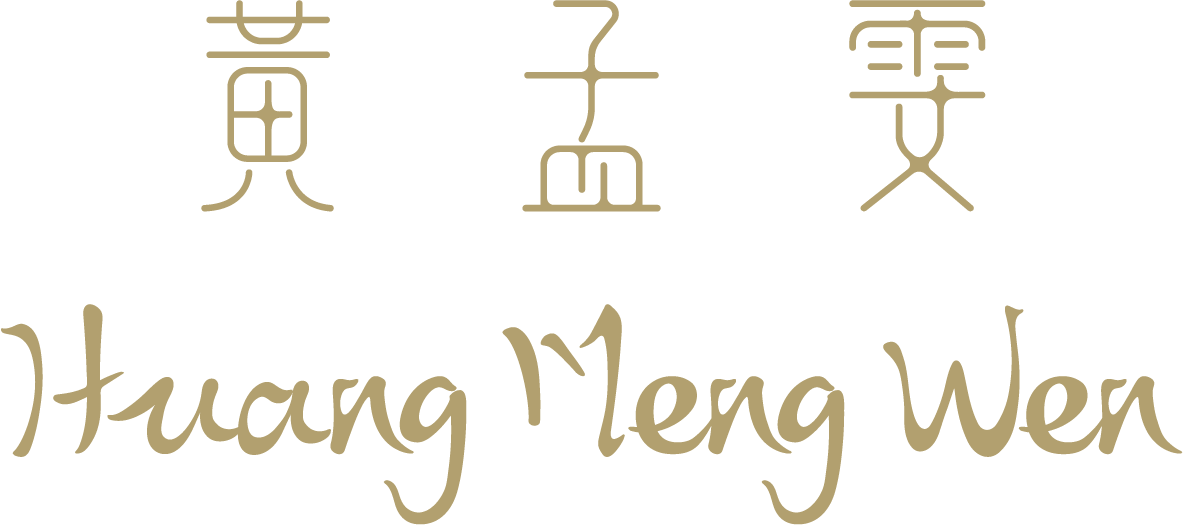

























旗飄揚下的她們
「她們」有許多稱呼,藝妓、「慰安婦」、侍應生、茶室女、酒家小姐、吧女、陪浴女等,不同的時期她們以不同的身分出現,配合著那個時代、那個單位、那個場所。她們的工作內容相似,隨著每個時代每個身分會有不同的工作方式,身體的親密關係是她們工作的重點。從日治、二戰、戰後、冷戰,由這百年來「她們」與國家的故事,揭示國家機器治理所蘊藏的父權思維。本計畫以歷史檔案為基底,透過新聞事件、檔案資料與田野訪談的交織,以光影書寫這些職業女人們的故事,招喚失匿記憶中,曾在島嶼歷史縫隙中默默付出溫柔的她們。
These women had been called many names—geisha, comfort women, waitresses, tea girls, liquor house girls, bar girls and so on. They often showed up in the particular identity that a particular era, unit, or place needed them to be. Their ways of working might have changed for the era and their identity’s needs, but these women’s jobs were all similar—a major part of them was about sexual interactions.
From the Japanese colonial period, World War II, post-war, to the Cold War, the stories of ‘these women’ and the nation over the past century reveal the patriarchal thinking embedded in state governance machinery. This project is based on historical archives and intertwines news events, archival data, and field interviews. Through the interplay of light and shadow, it writes the stories of these working women, summoning forth the tender contributions of these women who once silently dedicated themselves in the forgotten crevices of island history.












西裝與香花
「西裝與香花」藝術計畫於 2015 年起始,運用田野訪談與報紙檔案庫的資料,揭示了台灣早期酷兒―「穿褲的」(台語,tshīng-khòo-ê)女同志在 1950~1960 年代的身影。「西裝」是這群「穿褲的」自身性別氣質的展現,「香花」則是她們以自我組織獲取經濟資本的方法。這群以大稻埕作為主要的活動空間的「橋頭十三太妹」故事,讓我們不僅看見酷兒展演的本島剪裁,更看進島嶼幽微歷史的一角。戰後「十三太妹」以「穿褲的」的身分認同,在社會變遷中衝撞傳統性別文化,展演著陽剛女同性戀作為社會性別異議者的能動性。
The ‘Suits and Flowers’ art project, initiated in 2015, utilized field interviews and newspaper archives to reveal the presence of early Taiwanese queer – ‘tshīng-khòo-ê’ (Taiwanese Hokkien) lesbians in the 1950s and 1960s. ‘Suits’ represented the inherent gender demeanor of these ‘women in pants,’ while ‘flowers’ symbolized their self-organized means of acquiring economic capital. The story of the ‘Qiaotou Thirteen Teddy Girls,’ primarily active in Taipei’s Dadaocheng district, not only showcases the local manifestation of queerness but also delves into a lesser-known aspect of the island’s history. As masculine lesbians, known as ‘women in pants,’ the Thirteen Teddy Girls expressed agency as rebels against traditional gender roles and as gender dissidents during the early post-war period.












遊蕩
《遊蕩》檢視戒嚴時期台灣報紙檔案庫中,與「女扮男裝」、「男扮女裝」、「男蓄髮」等新聞標題相關新聞。由新聞報導可知,戒嚴時期違警罰法賦予警察權力,警察可依據《違警罰法》66 條中,「奇裝異服,有礙風化者。」與 64 條中「遊蕩無賴行跡不檢者」,將路上穿著不符合社會期待性別氣質的可疑人士帶回警局拘留與罰緩。「遊蕩」,警察方面有做「遊手好閒、行為放蕩」解。在路上,著男裝的女子、穿女裝的男人、蓄髮男性等有著酷兒身體外貌之人,警察可依法取締而帶回警局,家內的家父長角色由警察延伸至國家公權力的監控。拍攝場景扇形拘留室蘊含著國家與警察權力的監視與控制,拘留室前,酷兒們以超越二元想像的身體展演著遊蕩在戒嚴父權中所隱匿的酷兒情慾身分。
The ‘Wandering’ series examines news articles in the archive of Taiwanese newspapers from the martial law period related to topics such as ‘women dressing as men,’ ‘men dressing as women,’ and ‘men with long hair.’ During the martial law era, the police had the authority, based on the ‘Breach of Police Regulations’ law, to detain and penalize individuals considered suspicious due to their clothing not conforming to societal gender expectations, bringing them back to the police station for detention or punishment.












家—訓
《家—訓》藝術計畫搜尋《教育部國語辭典》中,關於儒家家訓中對於性別角色的經典詞語,其中蘊含對女性的規範與男性的期待,且已在生活中成為通俗用語或概念的經典詞彙。藝術計畫將這些經典詞彙從女到男分類,從長到幼排序,虛構了一個家族故事,每一個經典詞語繫著一位家族成員,每一位家族成員都有自己的故事。
The ‘Family Precepts’ Art Project explores the traditional terminologies associated with gender roles within Confucian family precepts sourced from the Ministry of Education’s Mandarin Chinese Dictionary. These terminologies delineate norms for women and expectations for men, which have evolved into common expressions or concepts in everyday life. The project categorizes these traditional terms from female to male, organizing them in descending order of age, creating an imaginary family narrative where each classic term is linked to a family member, each of whom possesses a unique story.

